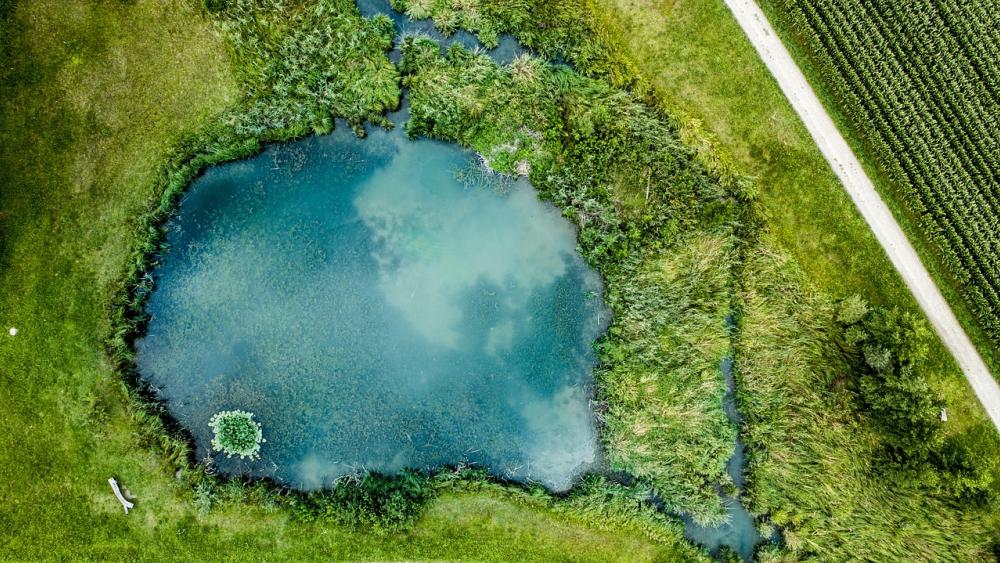
Photo: Micha Sager on Pixabay
In their feedback, the IGB scientists agree that the majority of the goals pursued so far in the strategy have not been achieved by 2020 and that the further loss of biodiversity in Germany could not be halted.
From a scientific point of view, the current draft only sets out the minimum that should not be fallen short of in the political process if a minimum level of aquatic ecological biodiversity - also as a basis for human life - is to be preserved.
Particularly important from a research perspective is the statement in the draft text that targets alone cannot solve crises and that significantly improved implementation is necessary. Particularly in water policy, a very strong implementation deficit must be stated for inland waters, as has been noted for years with the European Water Framework Directive (WFD), for example. Holistic approaches - which must then also be politically binding across ministries and policy fields - are more demanding, but also promise significantly greater efficiency and sustainability.
Overall, the IGB researchers emphasise that inland waters are not yet sufficiently considered and integrated in the current strategy draft. Comments were also made on important detail aspects of the strategy, for example restoration, connectivity and the associated hydropower issue, nutrient and chemical inputs and the future of biodiversity research.
The entire IGB feedback (in German) can be downloaded from the website here.













